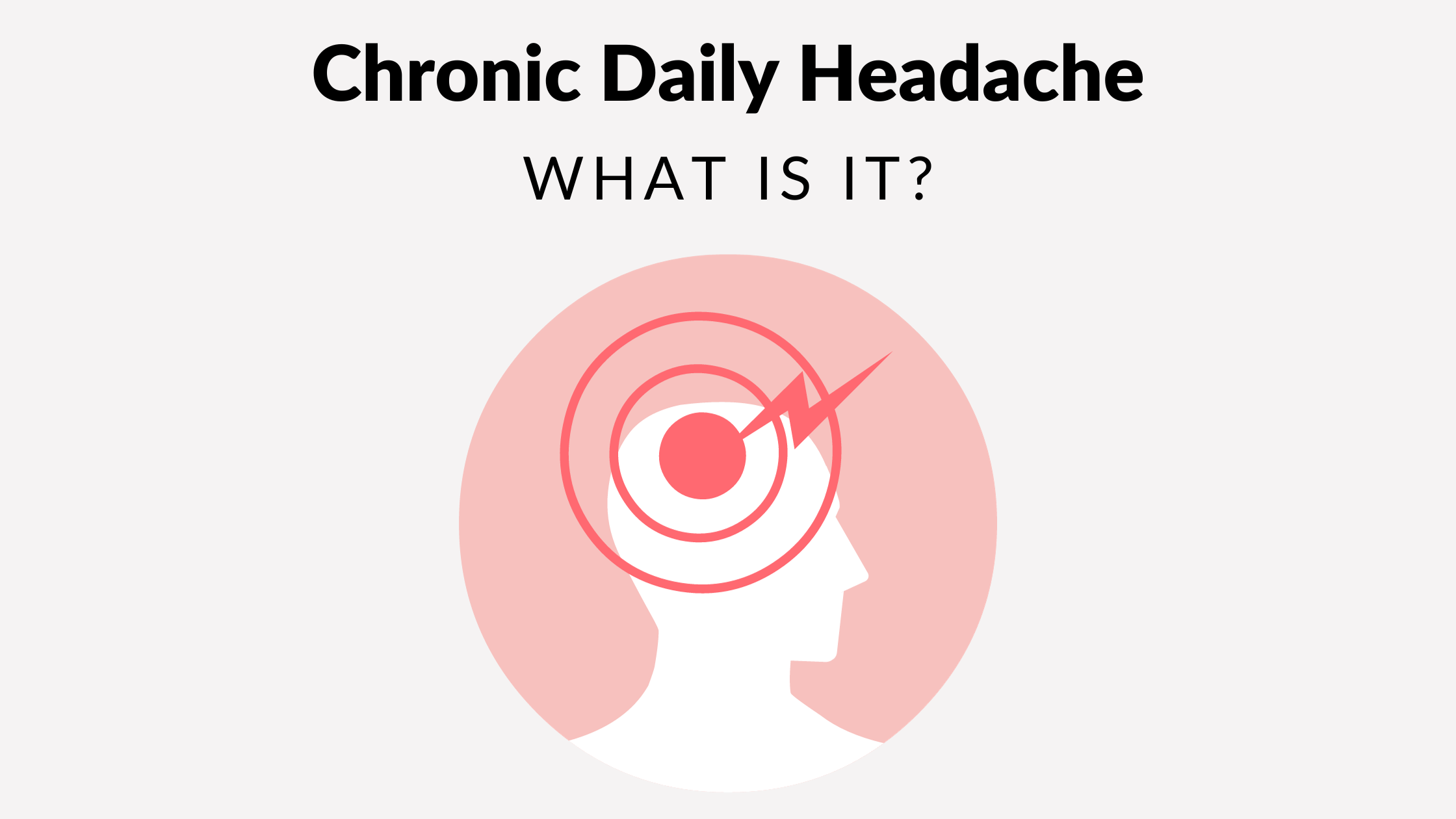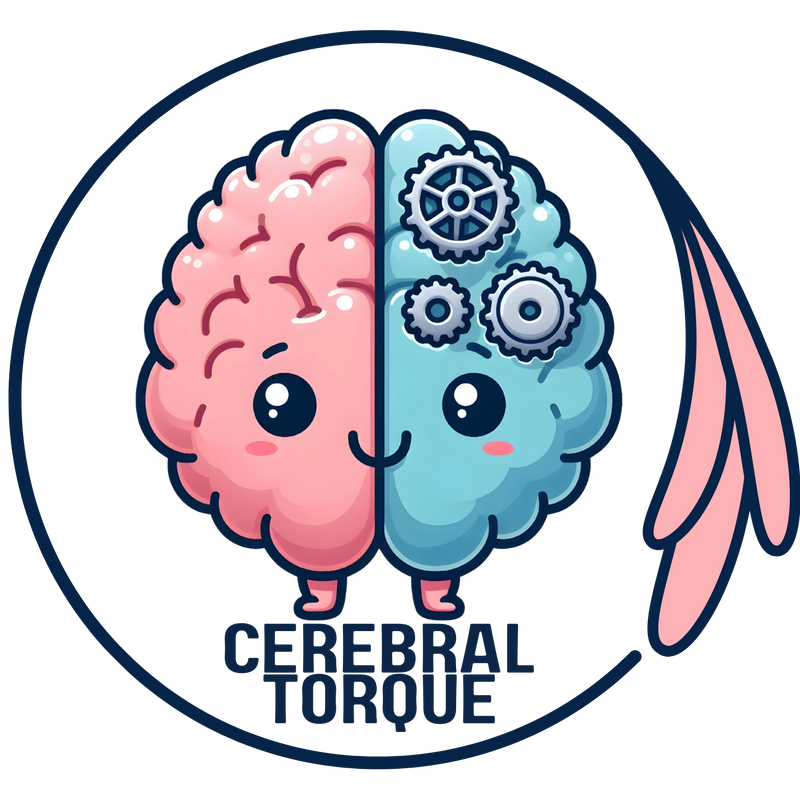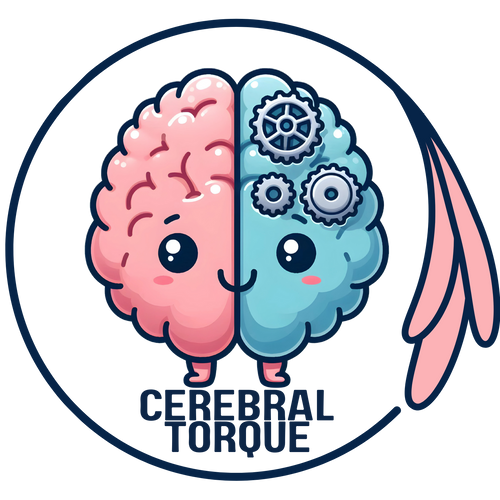Chronic Daily Headache
Posted on December 19 2023,

Definition
Chronic daily headache (CDH) is not a formal diagnosis in the International Classification of Headache Disorders, 3rd edition (ICHD-3). Rather, it is an umbrella term used to describe a range of primary and secondary headache disorders characterized by duration and/or frequency depending on the specific headache type. For example, some long CDH subtypes (see below) must persist for 15 or more days per month for at least 3 months while shorter duration CDH subtypes- e.g., cluster or paroxysmal hemicrania- must persist for at least one year without remission or with remissions lasting less than three months.
So while not a distinct diagnosis itself, chronic daily headache encompasses a group of headache disorders marked by extremely frequent headache attacks.
Epidemiology
- CDH has an estimated worldwide prevalence of around 4% in adults. It is 2-3 times more common in females.
- The most common headache types underlying CDH are chronic tension-type headache and chronic migraine. CDH results in substantial disability and economic costs.
CDH Subtypes
The main CDH subtypes of long duration (≥4 hours per headache) are:
- Chronic migraine: evolution from episodic migraines, migraine features on ≥ 8 days/month
- Chronic tension-type headache: pressing, bilateral pain without migraine features
- Medication overuse/adaptation headache: worsening headaches due to overuse of acute medications
- Hemicrania continua: unilateral, moderate pain with cranial autonomic symptoms
- New daily persistent headache: daily headaches without characteristic features
https://www.cerebraltorque.com/blogs/migrainescience/new-daily-persistent-headache-ndph
Other shorter duration headaches (<4 hours per headache) can also be chronic, like:
- Chronic cluster headache
- Chronic paroxysmal hemicrania
- Short-lasting unilateral neuralgiform headache attacks
https://www.cerebraltorque.com/blogs/migrainescience/trigeminal-autonomic-cephalalgias
- Hypnic headache
https://www.cerebraltorque.com/blogs/migrainescience/hypnic-headache
- Primary stabbing headache
Diagnosis
CDH diagnosis depends on meeting criteria for specific headache types after excluding secondary causes.
- Most patients have an unrevealing history and normal neurological exam.
- Further diagnostic testing is based on the presence of "red flags" like:
https://www.cerebraltorque.com/blogs/migrainescience/do-i-need-neuroimaging-for-my-headache
- Differential includes secondary headaches from infections, mass lesions, vascular disorders, etc. See link above for more information.
Treatment
Treatment focuses on the specific CDH diagnosis and preventing medication overuse/adaptation headache.
- Chronic migraine: preventives, avoidance of triggers, acute medications, assess for medication overuse/adaptation headache.
Acute: https://www.cerebraltorque.com/blogs/migrainescience/acute-migraine-treatment-cheat-sheet
Prevention: https://www.cerebraltorque.com/blogs/migrainescience/chronic-migraine-preventives
- Chronic tension-type headache: preventives, behavioral and physical therapy
Acute: https://www.cerebraltorque.com/blogs/migrainescience/acute-treament-of-tension-type-headache-tth
Prevention: https://www.cerebraltorque.com/blogs/migrainescience/tension-type-headache-preventive-treatment
- Medication overuse/adaptation headache: Establish preventives
- Other CDH subtypes have more specific treatments e.g. indomethacin for hemicrania continua
https://www.cerebraltorque.com/blogs/migrainescience/trigeminal-autonomic-cephalalgias
Fri, May 02, 25
Blood Flow Changes Between Migraine Attacks
New research reveals increased cerebral blood flow in migraine patients between attacks. This 4D flow MRI study shows significant hemodynamic changes in the middle and posterior cerebral arteries, with blood...
Read MoreThu, May 01, 25
Migraine and Pregnancy: Understanding the Risks
Discover how migraine affects pregnancy outcomes: New meta-analysis reveals increased risks of preeclampsia and preterm birth. Essential reading for patients and clinicians.
Read MoreTue, Apr 29, 25
Migraine and Increased Cardiovascular Disease Risk
Discover how migraine increases cardiovascular disease risk by 12%, with young women facing 60% higher risk. Learn about the significant interaction between migraine and lifestyle factors that could impact heart...
Read More
